I want to compare the compute performance of an android device and a linux virtual machine. (part of my master thesis) The test must be use some kind of inputs (for example an image, or just numbers), and must have some outputs too.
For example a jar file to make a panorama picture of a few images. Or maybe a password cracker.
The other requirment is, that the test must be started programatically. So it must be possible, to start the panorama making or the password cracking with a java method call.
Is there an opensource project or a jar file to make this test?
UPDATE: The linked answer isn't what I searching for: @linski There are just ideas, no implementations. And it would be better if the tasks could be "real life" scenarios. For example get a big panorama picture, or crack a password.
UPDATE2: "The test must be use some kind of inputs (for example an image, or just numbers), and must have some outputs too." + "And it would be better if the tasks could be "real life" scenarios"

